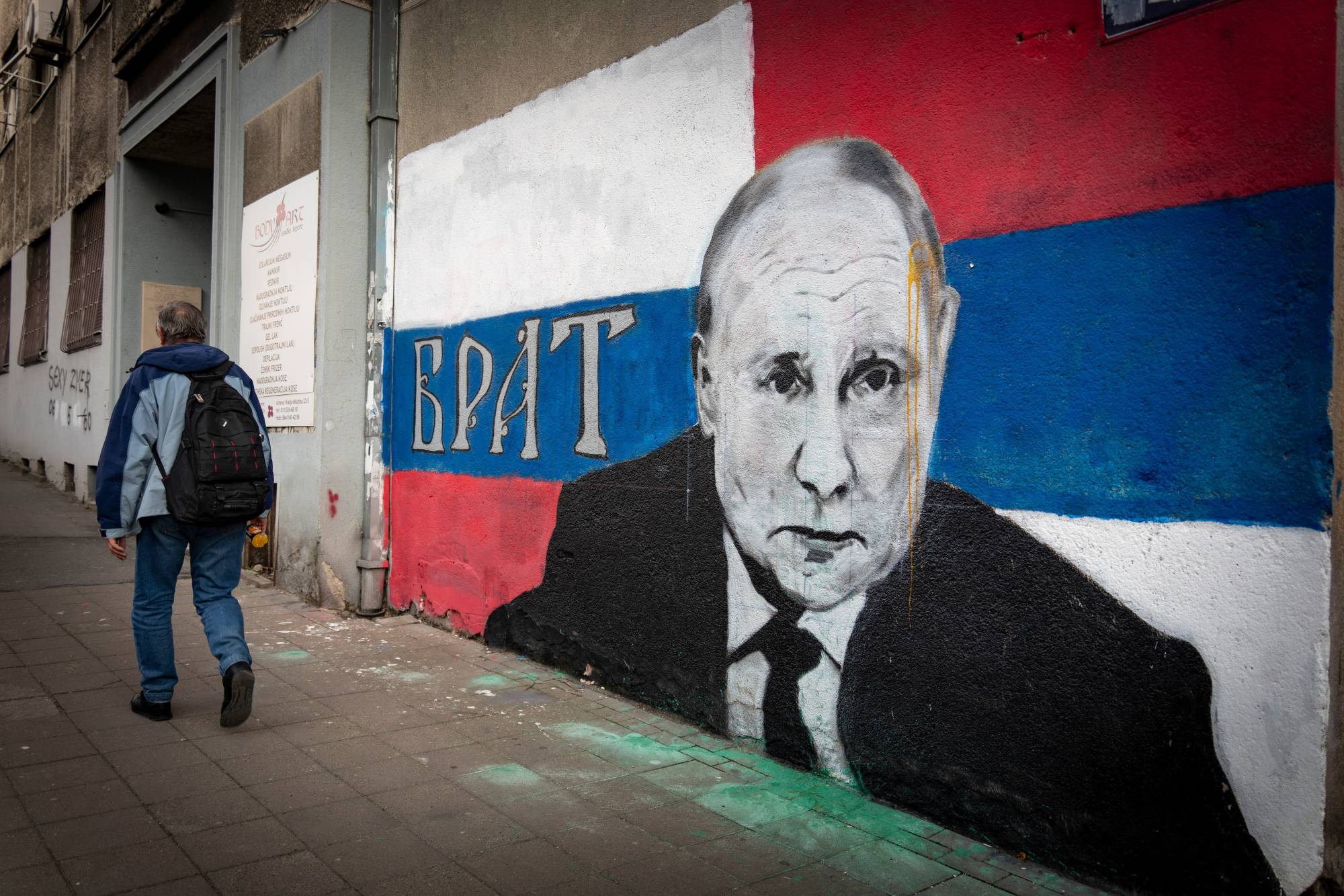Speaking in what he called "the language of Goethe, Schiller and Kant,” picked up during his time as a KGB officer in Dresden, Germany, President Vladimir Putin of Russia addressed the German Parliament on Sept. 25, 2001. "Russia is a friendly European nation,” he declared. "Stable peace on the continent is a paramount goal for our nation.”
The Russian leader, elected the previous year at the age of 47 after a meteoric rise from obscurity, went on to describe "democratic rights and freedoms” as the "key goal of Russia’s domestic policy.” Members of the Bundestag gave a standing ovation, moved by the reconciliation Putin seemed to embody in a city, Berlin, that long symbolized division between the West and the totalitarian Soviet world.
Norbert Röttgen, a center-right representative who headed the Parliament’s Foreign Affairs Committee for several years, was among those who rose to their feet. "Putin captured us,” he said. "The voice was quite soft, in German, a voice that tempts you to believe what is said to you. We had some reason to think there was a viable perspective of togetherness.”
















With your current subscription plan you can comment on stories. However, before writing your first comment, please create a display name in the Profile section of your subscriber account page.